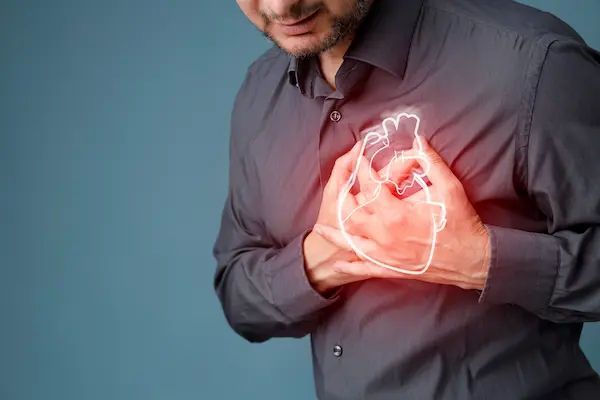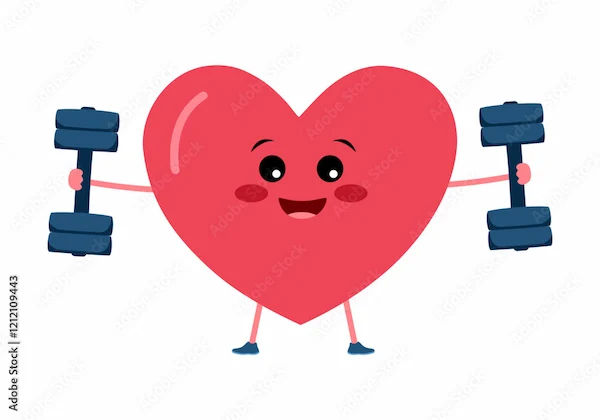- male
- 35 Years
- 29/01/2025
I'm trying to figure out what's going on with this persistent chest pain. I did a TMT on May 25 as advised by my doctor, and it turned out negative, but the pain in the middle of my chest just won't go away. I dont smoke or drink and there's no family history of heart disease. I've been dealing with asthma for the last two years. The pain doesn't increase when I walk or run, but it's really starting to make me anxious and it's even affecting my sleep. What can I do to alleviate this pain?
Answered by 1 Apollo Doctors
As per your description, it seems like you are experiencing chest pain despite a negative TMT result. Since you have a history of asthma and the pain is not worsening with physical activity, it may not be directly related to your heart. To help alleviate the chest pain and manage your anxiety, you can take over-the-counter pain relief medication like paracetamol (e.g., Tylenol) at a dose of 500mg to 1000mg every 4-6 hours as needed. Additionally, you can try using a heating pad on the area of discomfort and practice relaxation techniques such as deep breathing exercises or meditation to help with your anxiety and improve sleep. If the chest pain persists or worsens, it is important to follow up with your doctor for further evaluation and management.
Dr. Shubham Suggests...
Consult a Cardiologist
Answered 04/07/2025
0
0

More Cardiology Health Queries
View allI'm 24 and had open heart surgery back in 2009. Lately, I've been dealing with some vascular issues and have this pain in my left hand that gets worse at night. Should I be worried about this?
With vascular issues and history of open heart surgery, worsening night pain in hand may suggest circulatory problem—vascular surgeon consult is advised.
Answered by 1 Apollo Doctors
I've been experiencing these heart palpitations and it's really concerning me. My heart also feels painful and I'm feeling quite shaky and weak. Can you tell me what might be causing this and what I should do?
Sir, the treatment for palpitations and chest pain due to weakness can vary depending on the underlying cause. However, for symptomatic relief, you can take Tab Metoprolol 25mg twice daily to help control your heart rate and reduce palpitations. Additionally, you can take Tab Aspirin 75mg once daily to help with chest pain. It is important to stay hydrated, rest, and avoid caffeine and stress. If symptoms persist or worsen, please seek medical attention promptly.
Answered by 1 Apollo Doctors
How do I stop getting dizzy when I stand up?
Do not stand up fast or give jerky movements. Rise slowly and consult your doctor to know the root cause of dizziness
Answered by 1 Apollo Doctors
Disclaimer: Answers on Apollo 247 are not intended to replace your doctor advice. Always seek help of a professional doctor in case of an medical emergency or ailment.



.webp)

